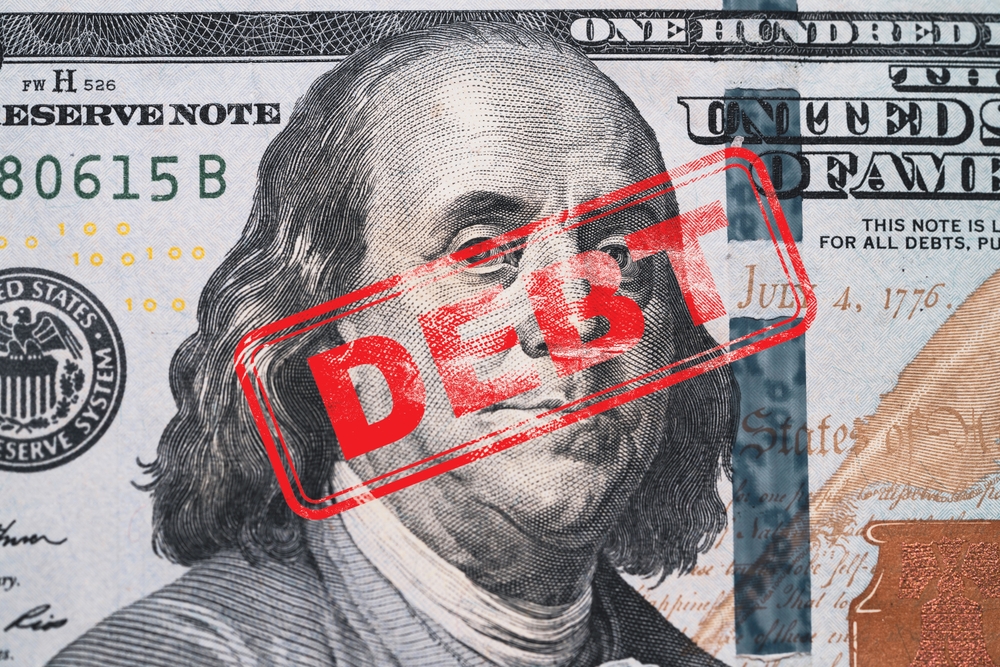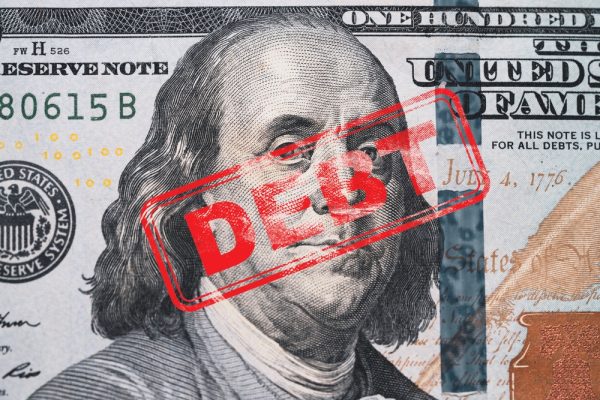
Top 5 Most Serious Consequences of Unpaid Tax Debt
What starts as a missed tax payment can quickly evolve into a serious financial crisis. The IRS has formidable collection powers that can dramatically impact your finances, professional life, and personal wellbeing. Understanding these consequences might be the motivation you need to address tax issues before they spiral out of control.
1. Compounding Penalties and Interest
What happens: Unpaid taxes accumulate penalties and interest daily, often at rates higher than most consumer loans. These additional charges compound rapidly, potentially doubling your original tax debt in just a few years.
Why it’s serious: This snowball effect creates:
- A rapidly growing debt that becomes increasingly difficult to resolve
- A financial burden that can follow you for decades
- An obstacle to financial recovery even when your situation improves
- A debt that can continue growing even during bankruptcy proceedings
For example, a $10,000 tax debt can grow to over $20,000 in just five years with penalties and interest, making what might have been manageable initially into an overwhelming financial burden.
2. Federal Tax Liens on Your Property
What happens: The IRS files a Notice of Federal Tax Lien, a public document that attaches to all your property and establishes the government’s legal claim to your assets.
Why it’s more serious: Tax liens are particularly harmful because they:
- Appear in public records, visible to anyone who searches
- Severely damage your credit score (often by 100 points or more)
- Make it nearly impossible to sell or refinance property
- Remain in place until the tax debt is fully paid or becomes uncollectible
- Can lead to actual seizure and sale of your assets if left unaddressed
Even after you pay your tax debt, the damage to your credit can persist for years.
3. Bank Account Levies and Asset Seizure
What happens: The IRS can freeze and seize funds from your bank accounts with minimal advance notice. Often, the first indication you’ll have of this action is when your debit card is unexpectedly declined or your checks start bouncing.
Why it’s increasingly serious: A bank levy triggers a domino effect of financial problems, including:
- Returned payment fees from your bank and other institutions
- Missed bill payments leading to service interruptions
- Damaged banking relationships that can persist for years
- Immediate cash flow crisis that can affect your ability to pay for necessities
Unlike many other creditors, the IRS can take these actions without first obtaining a court judgment.
4. Wage Garnishment Without Warning
What happens: When you ignore tax notices, the IRS can legally order your employer to redirect a substantial portion of your paycheck directly to the government. This happens with little notice and continues until your tax debt is resolved or you establish an alternative payment arrangement.
Why it’s very serious: Beyond the immediate financial hardship, wage garnishment creates awkward workplace situations as your employer becomes aware of your tax problems. Many people find this public exposure of their financial difficulties particularly humiliating. Your take-home pay could be reduced by as much as 70% in some cases, making it nearly impossible to cover basic living expenses.
5. Criminal Prosecution in Serious Cases
What happens: While uncommon for simple delinquency, deliberate tax evasion or prolonged nonpayment can lead to criminal charges. Tax evasion is a federal offense carrying severe penalties including substantial fines and potential imprisonment.
Why it’s the most devastating: A criminal tax conviction:
- Creates a permanent record that follows you for life
- Severely limits employment opportunities
- Can result in loss of professional licenses
- Damages your reputation in your community and industry
- May lead to incarceration, with sentences typically ranging from 1-5 years
The IRS pursues criminal charges in less than 1% of cases, but when they do, they have a conviction rate of approximately 90%.
Taking Control of Your Tax Situation
If you’re facing tax debt, understanding your options is crucial. The IRS offers various resolution programs including:
- Installment Agreements: Monthly payment plans tailored to your financial situation
- Offer in Compromise: Programs to settle your tax debt for less than the full amount owed
- Currently Not Collectible Status: Temporary hardship relief from collection activities
- Penalty Abatement: Potential reduction of penalties in certain situations
How TaxDebtLawyer.net Can Help
Navigating IRS procedures requires specialized knowledge and experience. At TaxDebtLawyer.net, our network of qualified tax attorneys specializes in resolving complex tax debt issues and protecting clients from these severe consequences.
We offer free, no-obligation consultations to assess your situation and outline potential solutions. Our attorneys can:
- Determine the most appropriate resolution strategy for your specific circumstances
- Handle all communications with the IRS on your behalf
- Negotiate favorable payment terms or settlement amounts
- Stop or prevent wage garnishments and bank levies
- Remove or subordinate tax liens
Don’t let tax debt control your financial future. Contact TaxDebtLawyer.net today to schedule your confidential consultation with a tax resolution specialist.
Free Tax Case Review
If you are struggling with tax debt or have received a letter from the IRS complete the form below.IRS Audit
You received an audit notice from the IRS
Tax Debt Relief
You owe the IRS money and are looking for relief options
Wage Garnishment
The IRS is taking part of your wages to pay off your debt
Tax Lien
The IRS put a legal claim on your property
IRS Property Seizure
The IRS is going to take your property to pay down or pay off your tax debt
Penalty Abatement
You want to request to remove or reduce penalties assessed by IRS
Innocent Spouse Relief
Relief from joint tax debt caused by your spouse or former spouse
Tax Debt FAQ
Common facts, questions and answers about tax debt and tax debt reilef
Tax Debt Lawyer
A tax debt lawyer can help you with your tax debt problems





